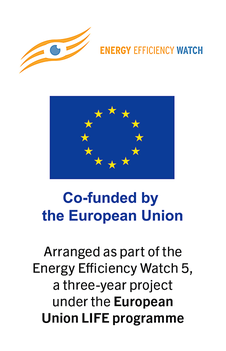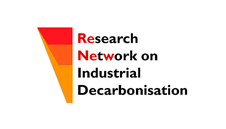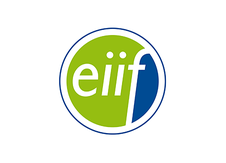Search eceee proceedings
Life cycle energy labels for products
Panel: 2. Sustainable production design and supply chain initiatives
Author:
Martin Reisinger, Institute for Energy Efficiency in Production, Germany
Abstract
An analysis of the outcomes of the updated and extended meta study “Energieeffizienz in Deutschland – eine Metastudie” (released in late 2016) is presented. Based on this, the author suggests an approach for the further development of use phase focused Energy Labels. The approach is currently “work in progress” and consists of two elements. The integration of the energy usage of the manufacturing process as well as the integration of the transport energy usage all along the manufacturing supply chain in the energy label of a product.
With this new policy approach the consumer is able to choose the most energy efficient way for the consumption of the products. Minimum energy efficiency standards could be set for the manufacturing of the products. Therefore the manufacturers of these products would have a strong own interests in improving energy efficiency. This could scale up the deployment of certified energy management systems with product based KPIs in the supply chains. Furthermore, the energy intensive production processes in other countries, as well as the energy consumption for the international transportation of goods could be considered by this approach. Up to now, these energy usages are “out of scope” of the national energy and carbon balance boundaries.
In the beginning, the rollout of this approach could be realized in highly automated manufacturing branches with high data availability because of the automation. This could minimize the costs of the approach.
The ongoing fourth industrial revolution facilitates data gathering and exchange in the cyber physical systems. This also enables energy consumption data to be exchanged along the whole production processes including the national and international supply chain. Therefore, the ongoing standardization processes in the area of Industry 4.0 could also enable research for new policy approaches.
Downloads
Download this presentation as pdf: 2-162-16_Reisinger_presentation.pdf














